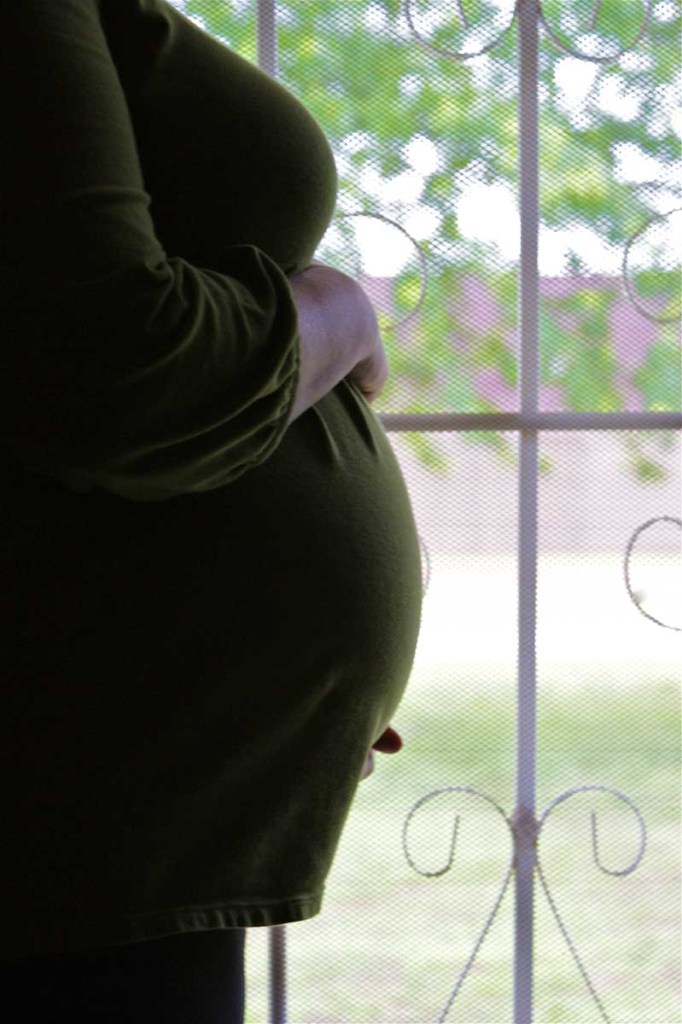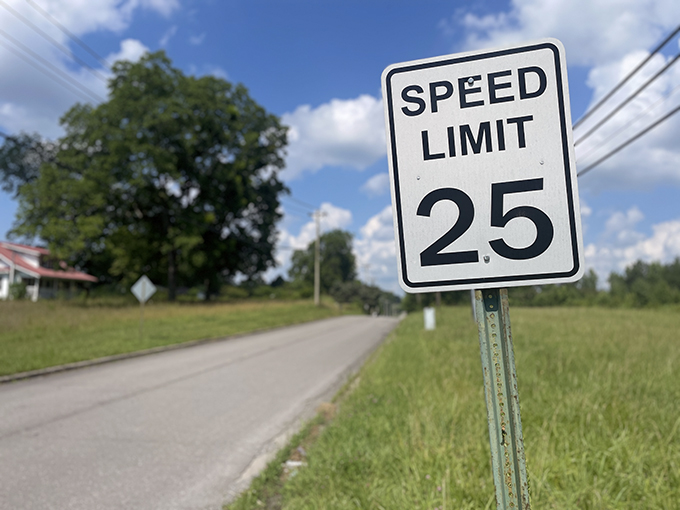In a big state, Texas’ abortion law is an outsize issue
Published 6:30 pm Tuesday, November 17, 2015

- In a big state, Texas’ abortion law is an outsize issue
AUSTIN — The U.S. Supreme Court hasn’t ruled on the validity of an abortion law in years, but last week it agreed to review a Texas statute with blockbuster implications.
If the court upholds the statute, Texas will have just 10 clinics, leaving many of its 5.4 million reproductive-age women unable to obtain safe, legal abortions in a timely fashion, many observers say.
Research shows that the closure of clinics under House Bill 2 — down from 41 facilities to 18 since the law took effect in 2013 — has already raised wait times to obtain legal abortions across the state.
If that continues, the number of riskier, more-expensive second-trimester abortions, is likely to rise, according to a recent Texas Policy Evaluation Project study.
Experts say convincing the court to look the real-world effects of the law — it requires doctors who perform abortions to have admitting privileges to nearby hospitals and mandates that clinics meet hospital-like ambulatory surgical center standards — will be a key factor in the outcome.
“Constitutional law is not a costume party,” said Garrett Epps, a University of Baltimore School of Law constitutional scholar. “It’s supposed to deal with the real world.”
Epps said the federal circuit court opinion that upheld Texas’ statute was “shoddy work,” that relied on a 1992 Supreme Court ruling he called “25 pages of gobbly gook that no one understands.”
In that case, Casey v. Planned Parenthood, the court said that imposing a “substantial obstacle” to keep women from obtaining legal abortions is an “undue burden” and violates their constitutional rights.
“What the hell does it mean?” when the court used the “undue” standard, Epps asked. “Nobody knows what it means.”
For example, you could argue that as long as Texas had one physician who could provide legal abortions, there’s no undue burden, Epps said.
“This vague opinion (Casey) lets you start moving the line and see how far we can go,” Epps said. “This is obviously intended to make abortions harder to get.”
Sanford Levinson, a University of Texas School of Law constitutional-law expert, said the abortion statute is “very much part of the culture wars.”
Said Levinson, “It’s crystal clear that Texas is trying to place an undue burden on anyone seeking an abortion.
The court had to take the case. The Texas (law) is especially dramatic because of the size of the state.”
If the law is upheld, Levinson said, “the ‘undue’ standard will become a joke.”
Peter Linzer, a University of Houston Law Center constitutional scholar, said if he were arguing the case before the court, “I’d have a big map of Texas. I’d say, ‘Here’s where they are.’ ”
The state’s remaining clinics are predominantly in big cities, and reducing to 10 the number of facilities will likely increase self-induced abortions, according to a Texas Policy Evaluation Project study released on Tuesday.
“If this were Rhode Island it might be fine to have 10 abortion clinics,”Linzer said. “But this is Texas.”
Should the law stand, many Texas women, among them significant numbers who are poor and non-white, will be miles from any abortion clinic.
“Many don’t have a car,” Linzer said. “It could also be a white teenager who has a right to an abortion.
“The question is likely to be proximity. If she’s 200 or 300 miles from an abortion clinic — that’s what the case is all about.”
John Austin covers the Texas Statehouse for CNHI’s newspapers and websites. Reach him at jaustin@cnhi.com.





